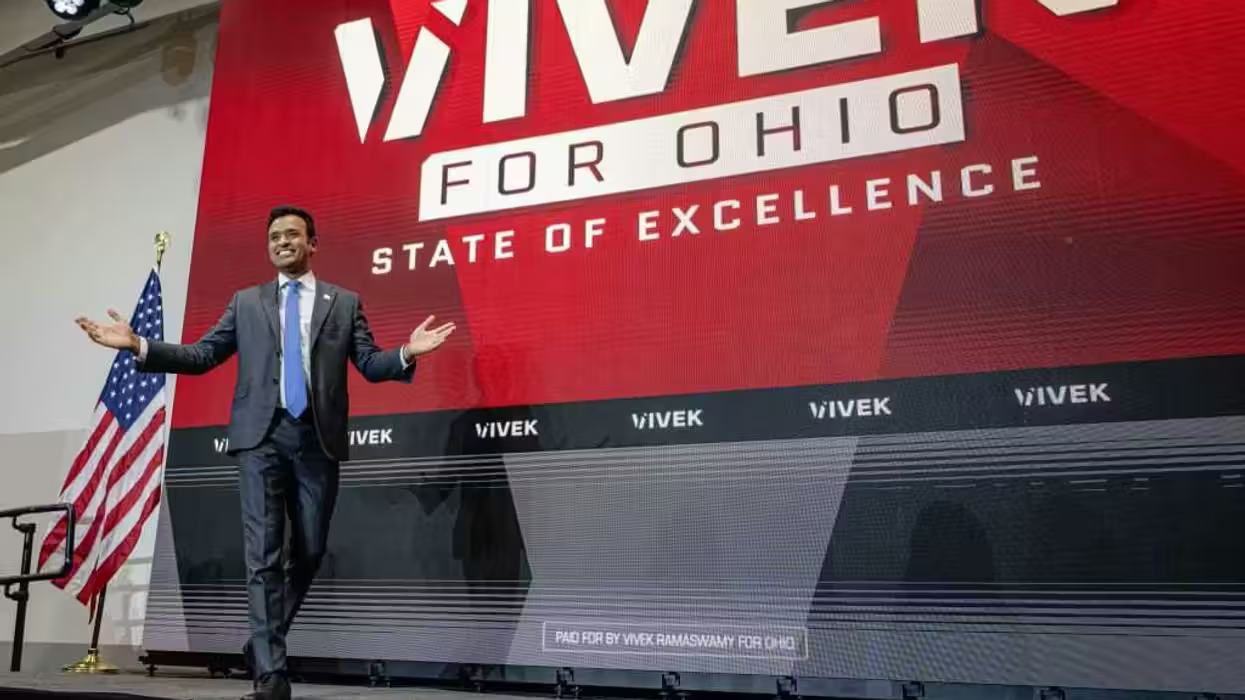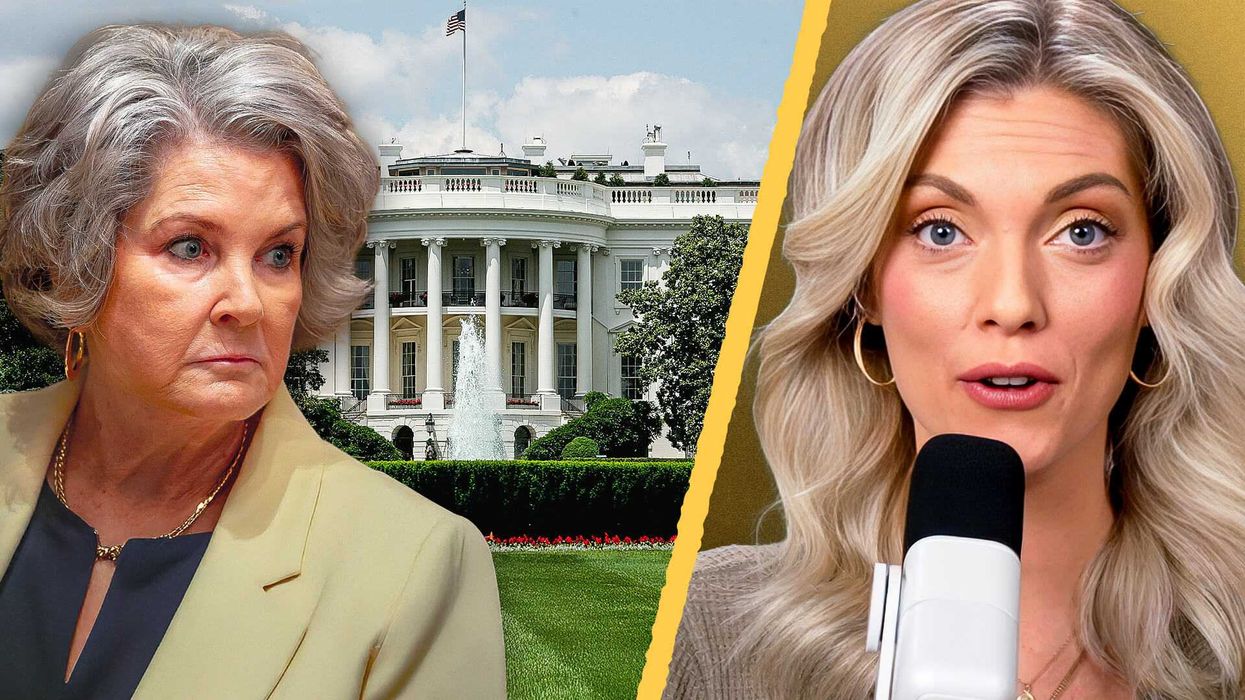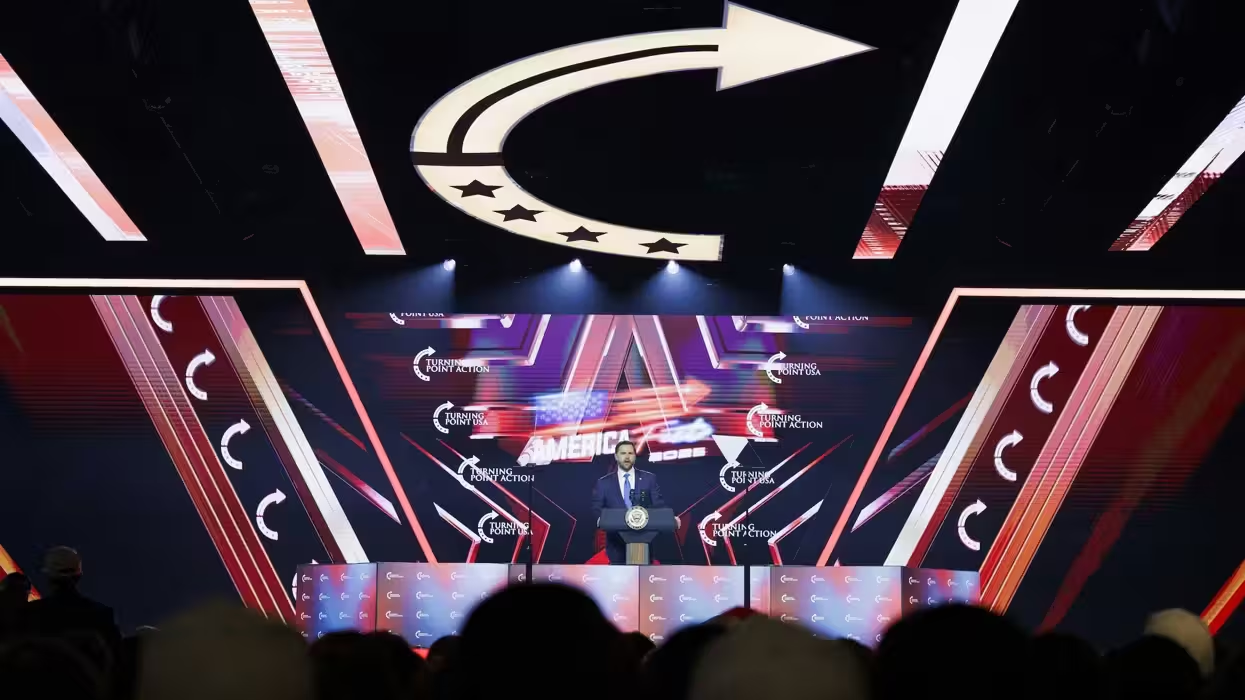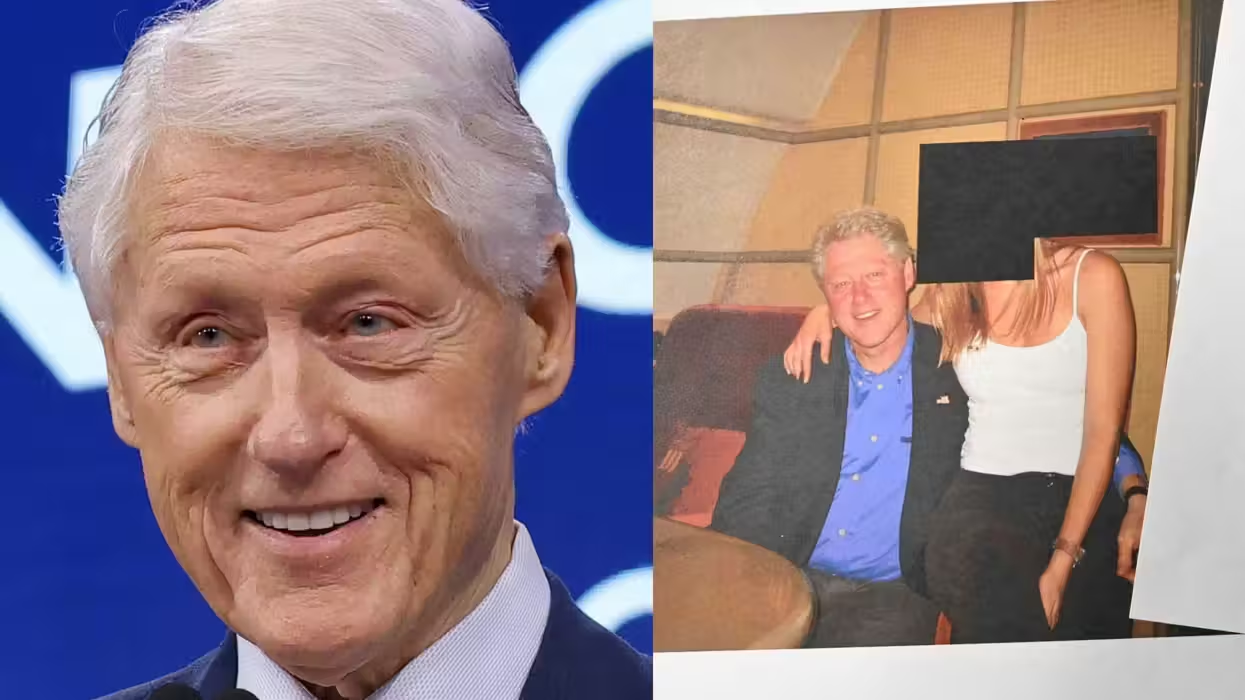WikiLeaks founder and publisher Julian Assange mocked former Democratic presidential nominee Hillary Clinton in a recent, wide-ranging interview with Italian newspaper La Repubblica.
Speaking about WikiLeaks and its role in the 2016 U.S. presidential election — namely that it continually leaked emails from Clinton campaign chairman John Podesta and the Democratic National Committee — Assange said that he was simply happy that their work made a difference to Americans.
"We were pleased to see how much of the American public interacted with the material we published. That interaction was on both sides of politics, including those to the left of Hillary Clinton those who supported Bernie Sanders, who were able to see the structure of power within the Democratic National Committee and how the Clintons had placed Debbie Wasserman Schultz to head up the DNC and as a result the DNC had tilted the scales of the process against Bernie Sanders," he told the newspaper.
When asked how he feels about President-elect Donald Trump, Assange continued his tirade against Clinton. He said:
If the question is how I personally feel about the situation, I am mixed: Hillary Clinton and the network around her imprisoned one of our alleged sources for 35 years, Chelsea Manning, tortured her according to the United Nations, in order to implicate me personally. According to our publications Hillary Clinton was the chief proponent and the architect of the war against Libya. It is clear that she pursued this war as a staging effort for her Presidential bid. It wasn't even a war for an ideological purpose. This war ended up producing the refugee crisis in Europe, changing the political colour of Europe, killing more than 40,000 people within a year in Libya, while the arms from Libya went to Mali and other places, boosting or causing civil wars, including the Syrian catastrophe. If someone and their network behave like that, then there are consequences. Internal and external opponents are generated. Now there is a separate question on what Donald Trump means.
Hillary Clinton's election would have been a consolidation of power in the existing ruling class of the United States.
Assange went on to explain that despite all of the opposition that his organization has faced from the U.S. and Democrats like Clinton, the former secretary of state "destroyed herself" in her attempts to destroy WikiLeaks.
Assange explained:
Power is mostly the illusion of power. The Pentagon demanded we destroy our publications. We kept publishing. Clinton denounced us and said we were an attack on the entire "international community". We kept publishing. I was put in prison and under house arrest. We kept publishing. We went head to head with the NSA getting Edward Snowden out of Hong Kong, we won and got him asylum. Clinton tried to destroy us and was herself destroyed. Elephants, it seems, can be brought down with string. Perhaps there are no elephants.
Assange went on to give his take on Trump, who he said clearly represents an opportunity for change in the U.S. But whether that change is good or bad is left to be determined.
"Donald Trump is not a DC insider, he is part of the wealthy ruling elite of the United States, and he is gathering around him a spectrum of other rich people and several idiosyncratic personalities," the hacker explained. "They do not by themselves form an existing structure, so it is a weak structure which is displacing and destabilizing the pre-existing central power network within DC."
"It is a new patronage structure which will evolve rapidly, but at the moment its looseness means there are opportunities for change in the United States: change for the worse and change for the better," he added.







